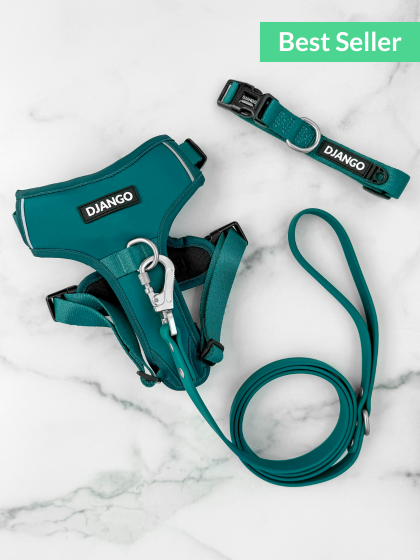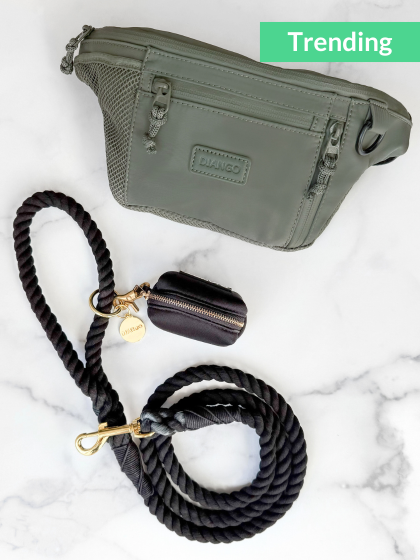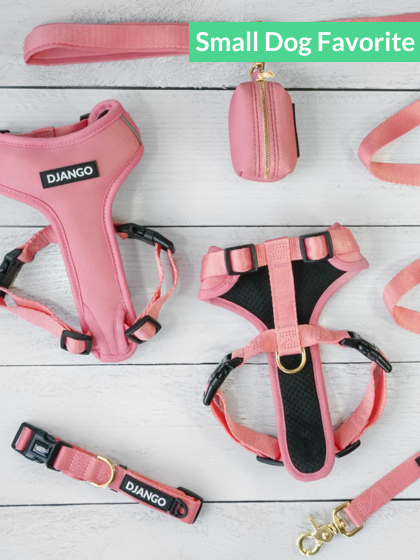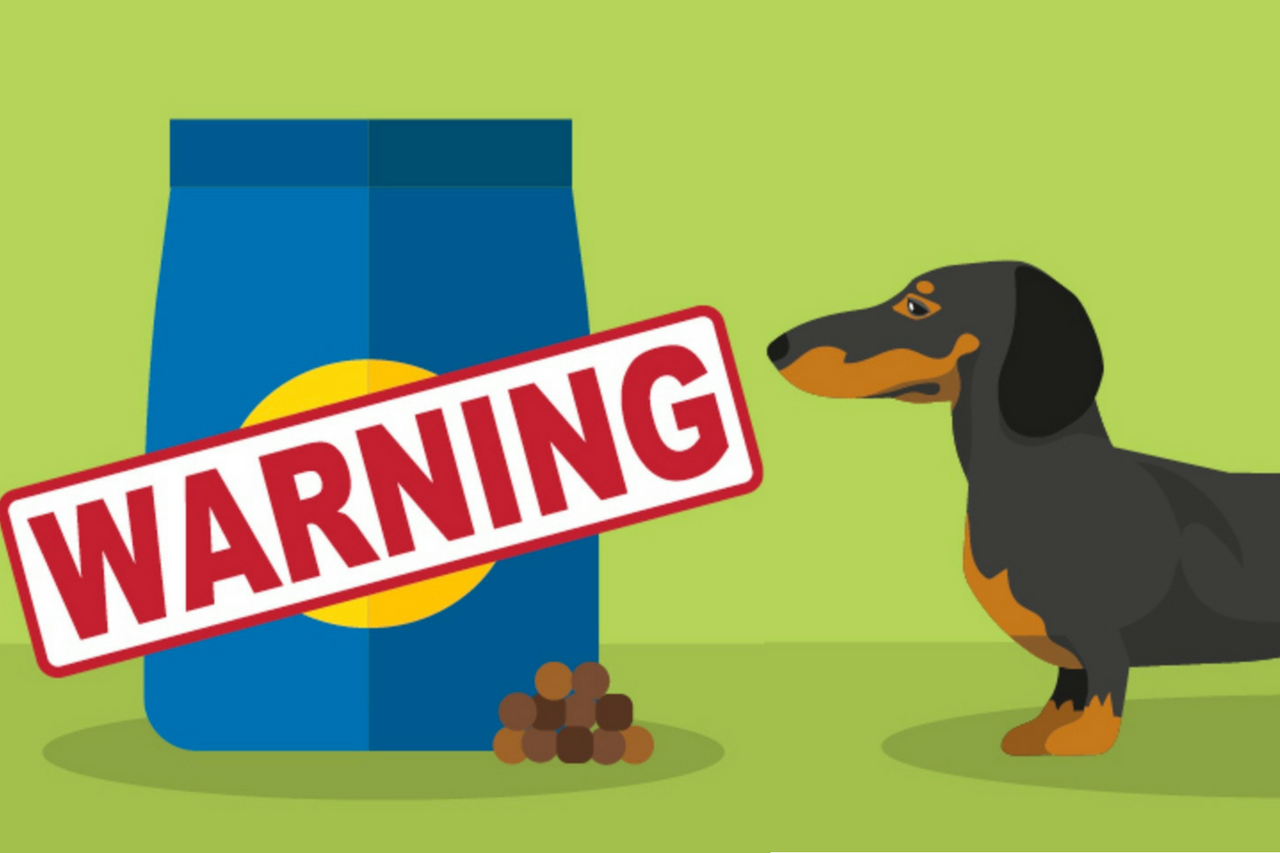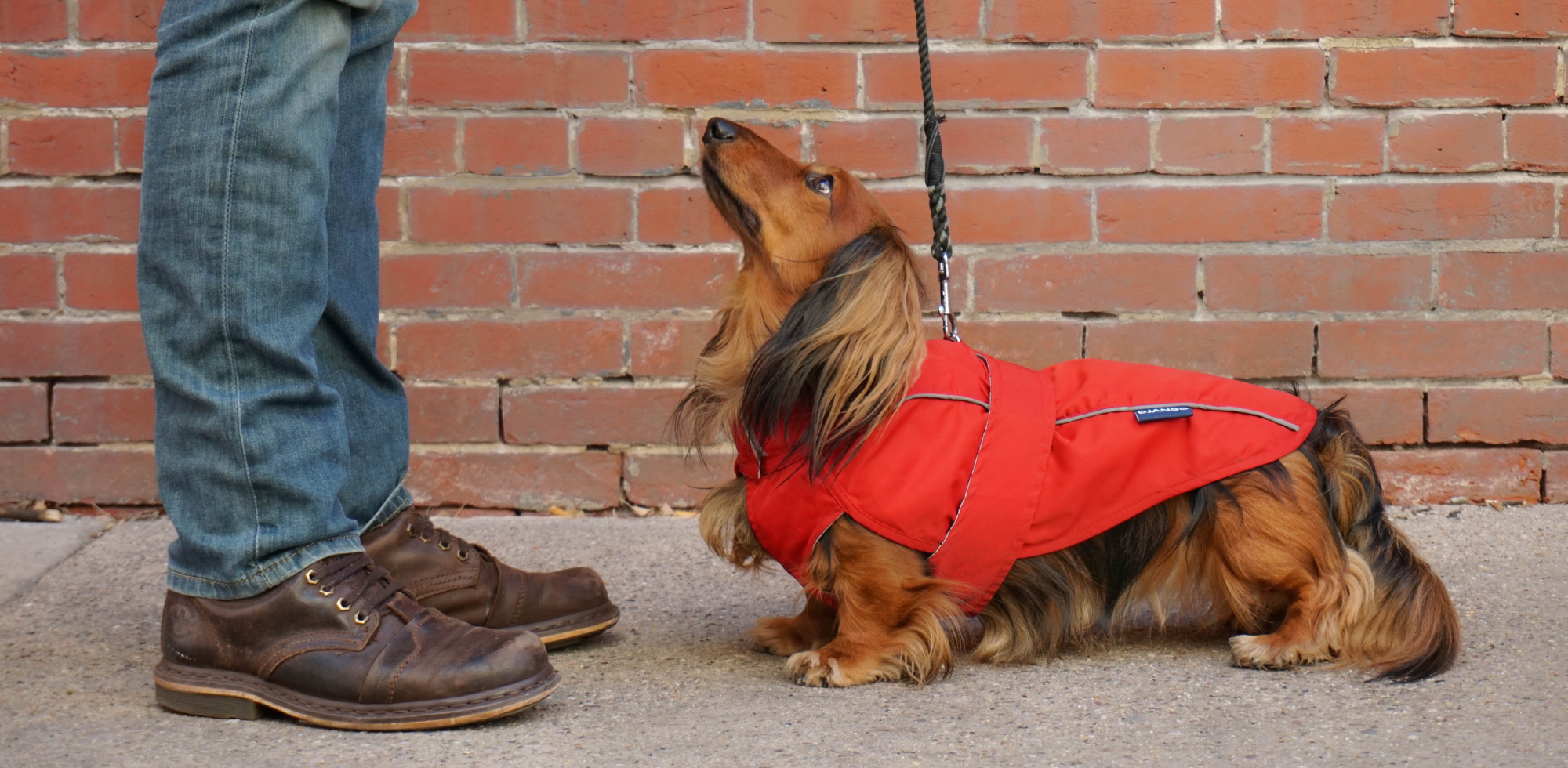We often complain about our pups' awful breath, but how often do we take action to eliminate the odor? Stinky dog breath is not just an inconvenience - it can be a sign of bigger health problems such as gum disease, poor digestive health, and even kidney disease. It is also a sign of poor dental hygiene that could ultimately cost you hundreds (or thousands) of dollars in teeth cleaning and tooth extraction bills.
Tips to Fight Bad Dog Breath and Promote Dental Hygiene
1. Clean Your Dog’s Food and Water Bowls Daily
Bacteria builds up in dirty food and water bowls and will contribute to your dog's bad breath. Avoid this scenario by cleaning your pup’s food and water bowls daily with soap and hot water.
2. Water, Water, Water
Abundant drinking water is the healthiest remedy for bad breath as it washes away food particles and keeps anaerobic bacteria at bay.
3. High Quality Food
Providing your dog with a high quality, nutrient-rich diet will promote digestive health and better breath. Additionally, make sure to provide water with every meal so your dog can wash down food particles that would otherwise get trapped on his tongue and teeth.
4. Carrots
Carrots are a healthy, low calorie snack loaded with carotenoids, fiber, Vitamin C and Vitamin K and potassium. They can also help eliminate plaque build up due to their abrasive quality. Additionally, carrots will stimulate your pup’s saliva glands which can help dislodge food particles trapped between teeth.
5. Parsley
Fresh parsley can be an effective remedy for dog breath since it contains limonene, oil that kills bad mouth bacteria. It also provides an abundance of nutrients including Vitamin C, Vitamin K, carotenoids, B vitamins, iron, and phytochemicals.
6. Probiotics
Bad breath is occasionally caused by digestive and intestinal problems. A diet rich in probiotics will promote good digestion and keep bad breath at bay.
7. Apple Cider Vinegar
Apple cider vinegar is a natural disinfectant and a great way to temper bad breath since it promotes digestive health. Start by adding a half teaspoon of apple cider vinegar to your dogs bowl.
8. Regular Vet Check-Ups
Regular vet appointments will help your doctor track your pup’s dental health and make sure he has no underlying medical issues that may cause halitosis (a.k.a. bad breath).







